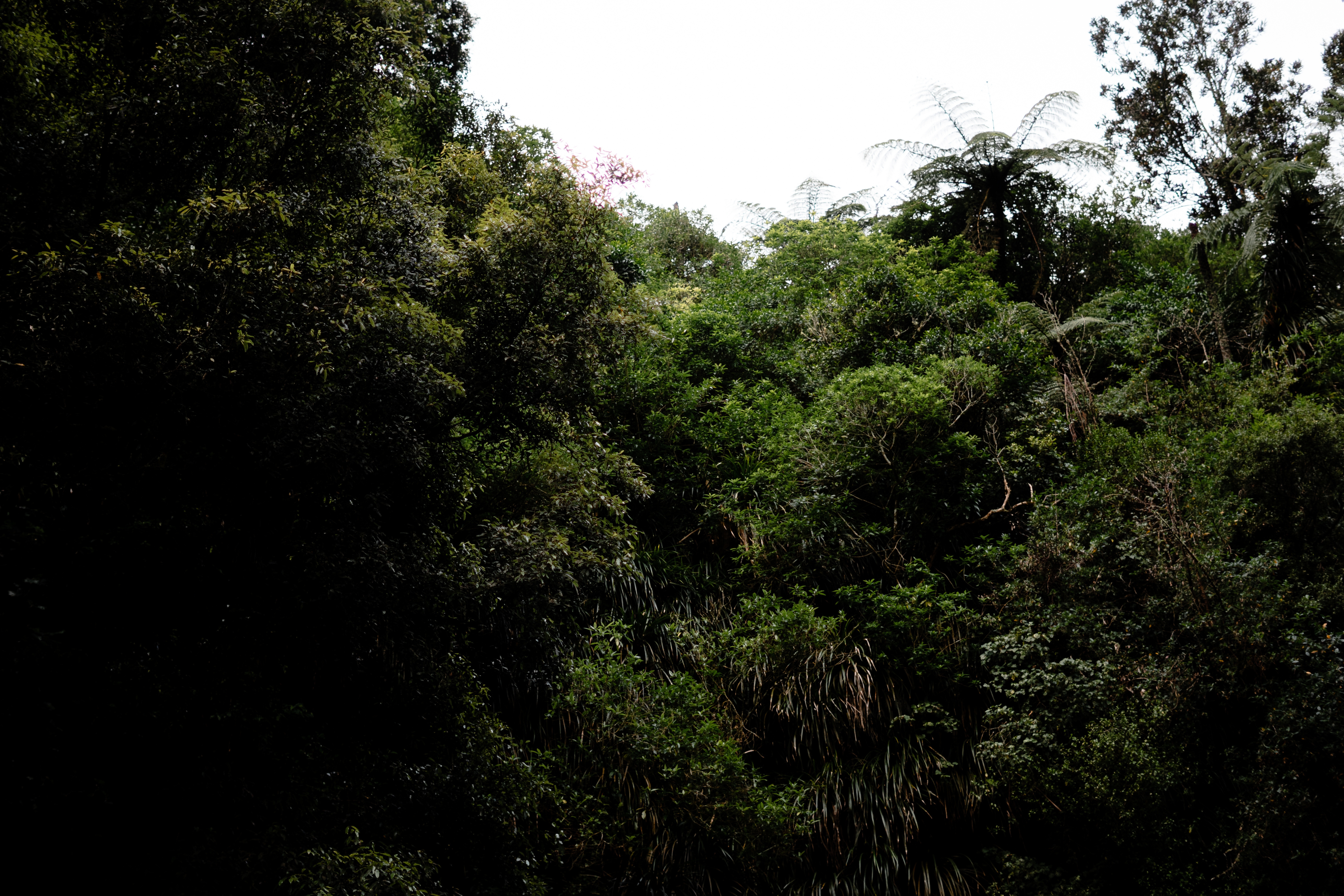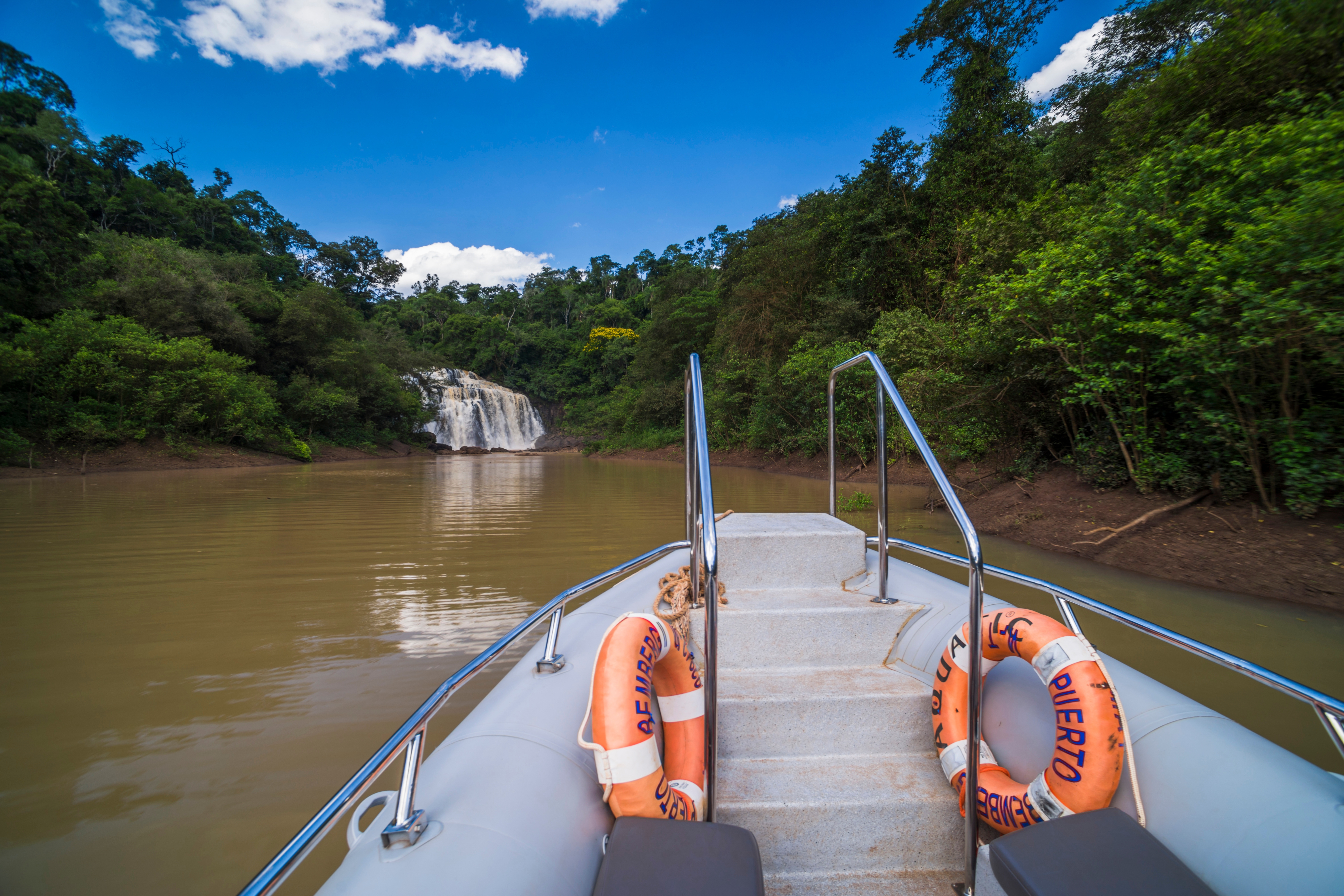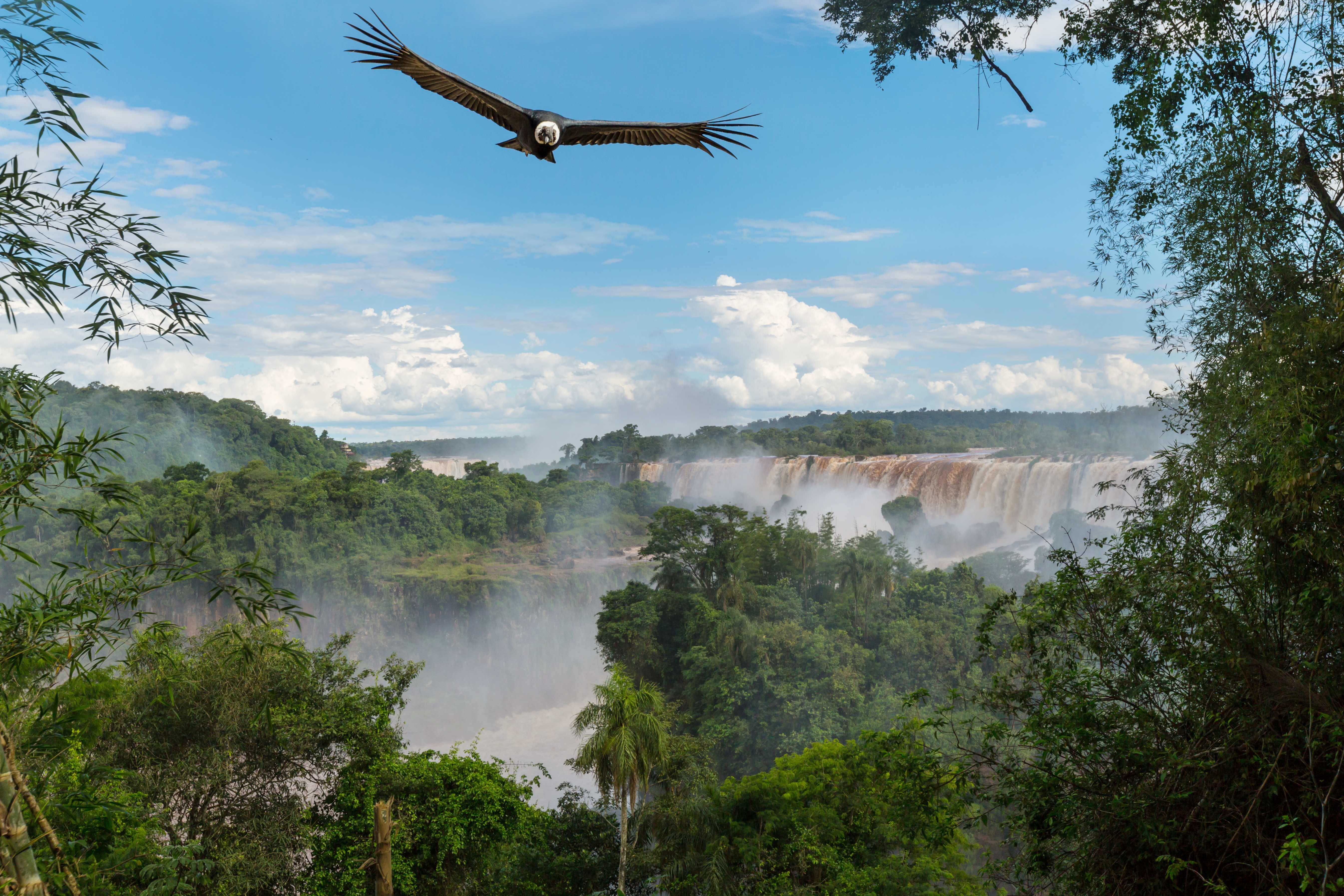Beyond the Iguazú Falls, Puerto Iguazú offers authentic experiences rooted in responsible tourism. From wildlife refuges to recycled architecture, from ancestral routes guided by Indigenous communities to silent journeys through the jungle, this destination reveals its true essence through initiatives aligned with the Sustainable Development Goals (SDGs). Discover how to explore Iguazú from a transformative and sustainable perspective to rediscover one of Argentina’s most iconic natural destinations.
Puerto Iguazú, a destination with so much more to discover and sustainable experiences that will surprise you.

Puerto Iguazú, in the far northeast of Argentina, is internationally known as the gateway to one of the Seven Natural Wonders of the World, the Iguazú Falls. However, limiting a traveler’s experience to this natural spectacle alone overlooks much of the soul of the region.
Beyond the roar of the waters and the spotlight of conventional tourist circuits, this destination conceals sustainable initiatives, unique cultural experiences, and places deeply connected to biodiversity and local identity. In this article, we offer a different, authentic, and transformative look at what to do in Puerto Iguazú beyond the falls.
Puerto Iguazú offers a variety of activities that are respectful of the environment and local communities. The city, located in northeastern Argentina, has begun adapting traditional spaces and developing new initiatives aligned with the United Nations Sustainable Development Goals (SDGs).
These sustainable experiences invite travelers to rediscover the natural environment from a responsible and enriching perspective.
The Landmark of the Three Borders.

More than a postcard, the Landmark of the Three Borders is a meeting point of shared histories, living languages, and interconnected cultures. Here, the Paraná and Iguazú rivers converge, marking the intersection of three countries that share Guaraní roots and common challenges in conservation and sustainable development.
This iconic site has been renovated with a sustainable vision that includes efficient lighting, interpretive signage, and low-impact light shows. In addition, the overlook offers an educational experience on regional geopolitics and the ecological importance of the river systems.
Supporting the local economy is part of the commitment: purchasing handmade goods, sampling regional cuisine, and appreciating multiculturalism are all ways to experience responsible tourism at the tri-border area.
The Bottle House.

The Bottle House, located in the city of Puerto Iguazú in the province of Misiones, is much more than an architectural curiosity. It is a family project that has become a symbol of environmental awareness. Built using plastic bottles, Tetra Pak containers, and aluminum cans, this home is a tangible example of how recycling can offer innovative and sustainable housing solutions.
Guided tours, led by the creators themselves, provide insight into the construction process and the philosophy behind it. The site also includes a shop selling goods made by local entrepreneurs, promoting fair trade and the circular economy.
A must-see stop for those who believe in design with social impact and purposeful tourism.
Güiráoga Refuge.

Unlike traditional zoos, the Güiráoga Wildlife Refuge focuses on rehabilitating animals rescued from illegal trafficking or vulnerable situations. It’s not a show, but rather a space for understanding, respecting, and acting for conservation.
The tour, guided by professionals, offers close encounters with iconic species of the Misiones jungle—such as monkeys, toucans, and coatis—along with their rescue stories. The facilities are designed with bioclimatic principles, and access is provided via electric vehicles to minimize environmental impact.
An ethical animal tourism experience that encourages reflection on the relationship between humans and biodiversity.
Ethnobotanical walks through the Misiones Forest.

The native forest surrounding Puerto Iguazú is part of the Upper Paraná Atlantic Forest, one of the most threatened ecosystems on the continent. Some Guaraní Indigenous communities offer interpretive walks that combine botany, spirituality, and oral tradition.
During these experiences, participants can learn about the medicinal use of plants, explore regenerative farming techniques, and take part in small rituals that foster a deeper connection with the land.
This model of community tourism not only helps preserve ancestral knowledge but also strengthens the economic and cultural autonomy of Indigenous communities. An immersive experience that transforms both the traveler and the territory.
Silent navigation on secondary rivers.

Beyond the noise of motorized tourist boats, there is a more respectful and sensory way to explore the waterways of Iguazú. Kayaking or using eco-friendly rafts allows travelers to navigate secondary streams surrounded by untouched jungle, where the sounds of nature take center stage.
These small-group excursions promote ethical wildlife watching and significantly reduce the impact on the river ecosystem. Silence becomes a language of connection, and a slower pace becomes a method of discovery.
An ideal experience for those seeking low-impact ecotourism and direct contact with biodiversity.
Seeing Iguazú with new eyes, an opportunity to choose differently.

Puerto Iguazú is much more than a gateway to the falls. It is a territory being reimagined through creativity, community, and respect for the environment. The sustainable experiences being developed here reflect a new tourism model based on ethics, authenticity, and active participation.
Learning about these projects, supporting their growth, and sharing their values is a way to practice transformative tourism. Because the true journey is not only one that takes us to extraordinary places—but one that invites us to change our perspective.
Each of these sustainable experiences in Puerto Iguazú aligns with the United Nations Sustainable Development Goals. Whether promoting responsible consumption (SDG 12), gender equality in Indigenous communities (SDG 5), biodiversity conservation (SDG 15), or environmental education (SDG 4), this destination proves that it’s possible to travel while caring for the planet and strengthening the social fabric.
Choosing a model of responsible tourism is a way to contribute to local development, protect natural and cultural heritage, and ensure that future generations can also enjoy a fairer, more diverse, and resilient world.













